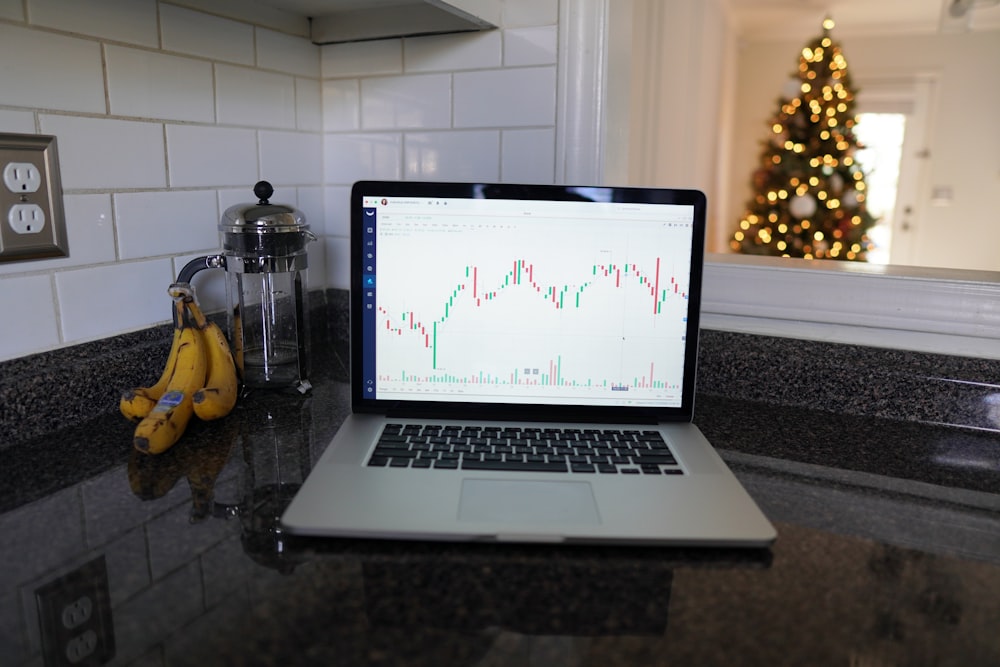
GBP/JPY trades lower by about a third of a percent, in the 197.10s on Friday, after the release of weak UK economic growth data led to a depreciation of Sterling (GBP). The Japanese Yen (JPY) conversely was buoyed by better-than-expected (GDP) and Industrial Production data which renewed hopes that the Bank of Japan (BoJ) will raise interest at its December policy meeting. UK GDP data for the month of September actually fell 0.1% MoM and rose only 0.1% in the whole of the third quarter (QoQ). This was below estimates and prior readings. The quarterly data showed a marked decceleration from a growth rate of 0.5% in Q2. In Japan, meanwhile, GDP grew at a slightly faster rate of 0.2% in Q3, in line with estimates of 0.2% but lower than the 0.5% of Q2. On an annualized basis, Japanese GDP rose by 0.9% in Q3, beating expectations of 0.7% but below the revised-down 2.2% of Q2. Japanese Industrial Production rose by 1.6% MoM beating estimates and previous figures. Although the data from Japan was higher than the UK data (0.2% vs. 0.1% in Q3) and beat estimates, whilst the UK figures undershot them, the difference may not be enough to be game-changing for either currency, according to institutional analysts. Remarking on the UK GDP figures, advisory service Capital Economic’s Deputy Chief UK Economist Ruth Gregory said it did not change her expectations that the (BoE) would keep interest rates unchanged at 4.75% in December. Since higher interest rates attract greater net capital inflows this is good news for the Pound. The economy grew at “..a snail’s pace (in Q3),” said Gregory, “However, this doesn’t mean the UK is on the cusp of another recession. And while today’s data raises the chances the Bank (BoE) will cut rates again in December, we are sticking to our view that the Bank will keep rates unchanged at 4.75% in December before cutting rates by 25 basis points again in February.” According to Comerzbank’s FX Analyst Volkmar Baur, the Japanese GDP data – though good – was not good enough to warrant an expectation that the Bank of Japan (BoJ) will raise its interest rate from 0.25%, the lowest in the developed world. “All in all, the GDP figures do not paint a picture of an economy gaining momentum or in danger of overheating, which would require a tightening of monetary policy,” said Baur, adding that whilst he had previously assumed the BoJ would raise interest rates by 0.25% in December, he now saw “a clear risk to this assumption”.Baur highlights several reasons why he was unimpressed by the Japanese GDP data. Firstly the previous quarter’s figures were revised down substantially – from 0.7% to 0.5% QoQ and from 2.9% to 2.2% on an annualized basis. Due to this downward revision the overall picture is one of a “growth trajectory” that “appears weaker than previously thought.” Secondly, much of the growth came from “Inventory accumulation” which is a component that “tends to balance out over time,” adds Baur. Thirdly, the weakness from the external sector was concerning and could be a source of more fragility to come: “A US trade war focused on China would not leave Japan unscathed, as it is an important trading partner of China,” says the analyst. Much of the focus for the Yen will not be on Kazuo Ueda’s much-anticipated speech on Monday, when traders are hoping for a clearer sign the BoJ will be committing to an interest rate hike. In the meantime, the yawning gap between the interest rates in the two countries is expected to favor inflows into Sterling, giving GBP/JPY a positive upside bias overall.More By This Author:Gold Stabilizes After Bouncing Off 100-Day Moving Average USD/CHF Price Prediction: Breaks Above 200-Day SMA And Continues Higher EUR/CHF Price Forecast: Probing Base Of Triangle As Price Attempts To Break Out

